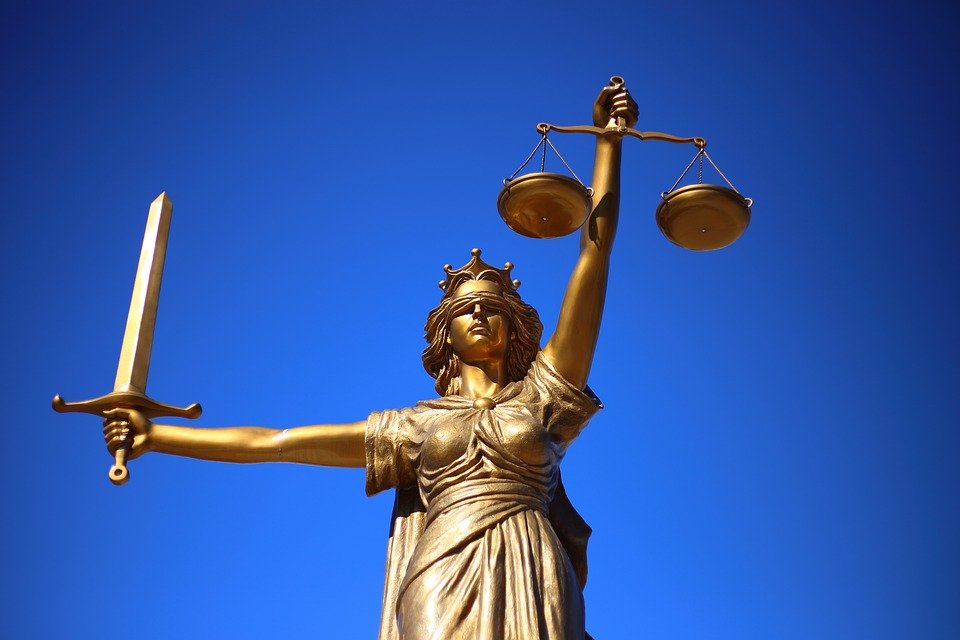What is an Executor & what do they do?
When you die, the Executor you have named in your Will is responsible for sorting out your funeral, your paperwork, your finances, and anything else that needs to be dealt with.
Usually the job involves registering your death, gathering together all your property and posessions, informing organisations that you have died, paying off your debts, and distributing your estate just as you have said in your Will.
They need to obtain and manage the legal paperwork, and keep an account of what they’ve done. All of this takes quite a lot of time, phonecalls, and paperwork, so bear this in mind.
Choosing your Executor
You definitely want to choose someone you trust and, if possible, someone who is good at administration!
You might want to choose two people to act together, so it isn’t such a big job for one person to take on.
Either way, you should talk to them about it before you name them in your Will. Do tell them where your Will is kept so that they know where to look when they need it.

You and your Executor(s) should be realistic about the difficulties of the role. Here are some examples:
What should the Executor do if someone demands to see the Will or financial documents?
The Executor does not have to show anyone the Will, but it is usually shown to anyone who benefits from it. The beneficiaries can also ask to see the Estate Accounts, the document that lists all the money and possessions owned by the person who died, and where it all goes when the estate is divided up.
If someone else asks to see the Will, the Executor can tell them that it will become a public document when Probate has been granted. This is a legal process, carried out by the Courts. Members of the public can carry out a Probate search online to access a Will.
What should the Executor do if someone challenges the Will?
If the Will is challenged, or the Executor finds out that someone is going to challenge it, the Executor should not do anything else at all until the challenge has been sorted out. This might be quick, or it might take years.
The Executor should get legal advice, especially if they are due to benefit from the Will too.
What should the Executor do if someone challenges their actions?
If a beneficiary thinks an Executor is spending money that you shouldn’t, or making decisions about the estate that they do not agree with, they can ask the Court to removed them from the role.
It is unusual for this to happen. The Executor should always be able to show what they have done so far in their role, and be able to explain the reasons behind their decisions.
An Executor is always entitled to take legal advice, and it is worth doing in these circumstances.
Acting as an Executor
Before you agree to acting as an Executor, have a think about the issues which might arise.
After someone dies, there can be all kinds of family falling-out or disagreements. The Executor should not get involved, they are responsible for carrying out the instructions left in the Will.
Would you be confident and able to do that, or would you find it hard to stand your ground if necessary?

If you are an Executor and you need some help with the process, you can instruct us. Get in touch with your requirements and we will provide you with a cost estimate in advance.
We have written guidance specifically for Executors. Click here to read it.
You can read our other ‘Guides’ online, or contact us directly with your queries. We’re happy to help.
Call 01280 811201 or email lesley@buckinghamwillsandprobate.co.uk
to make an appointment that’s convenient for you.






